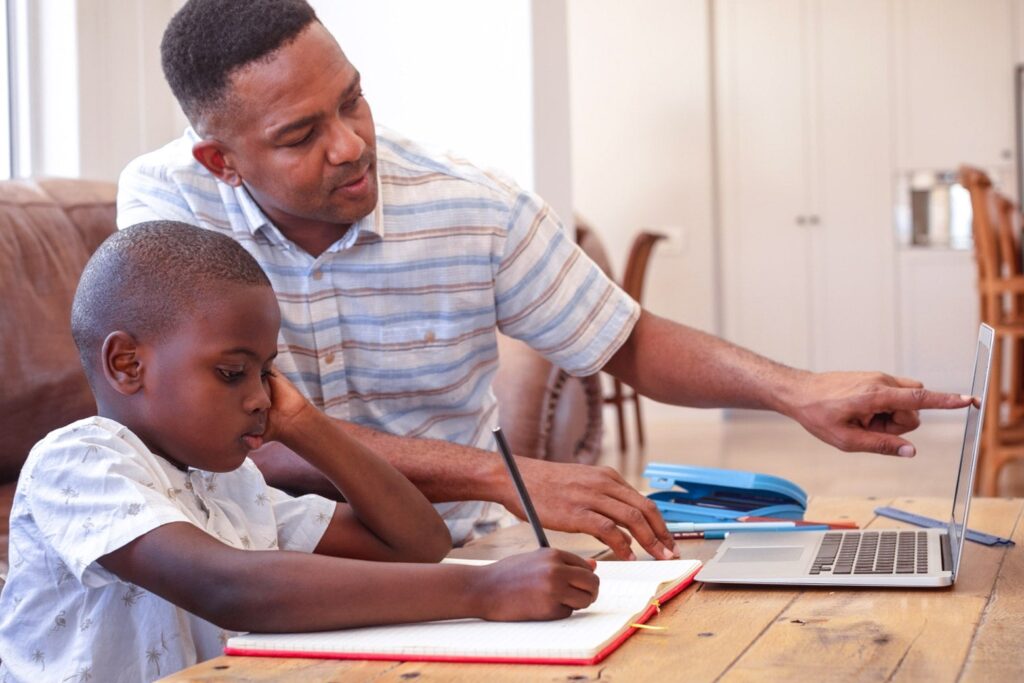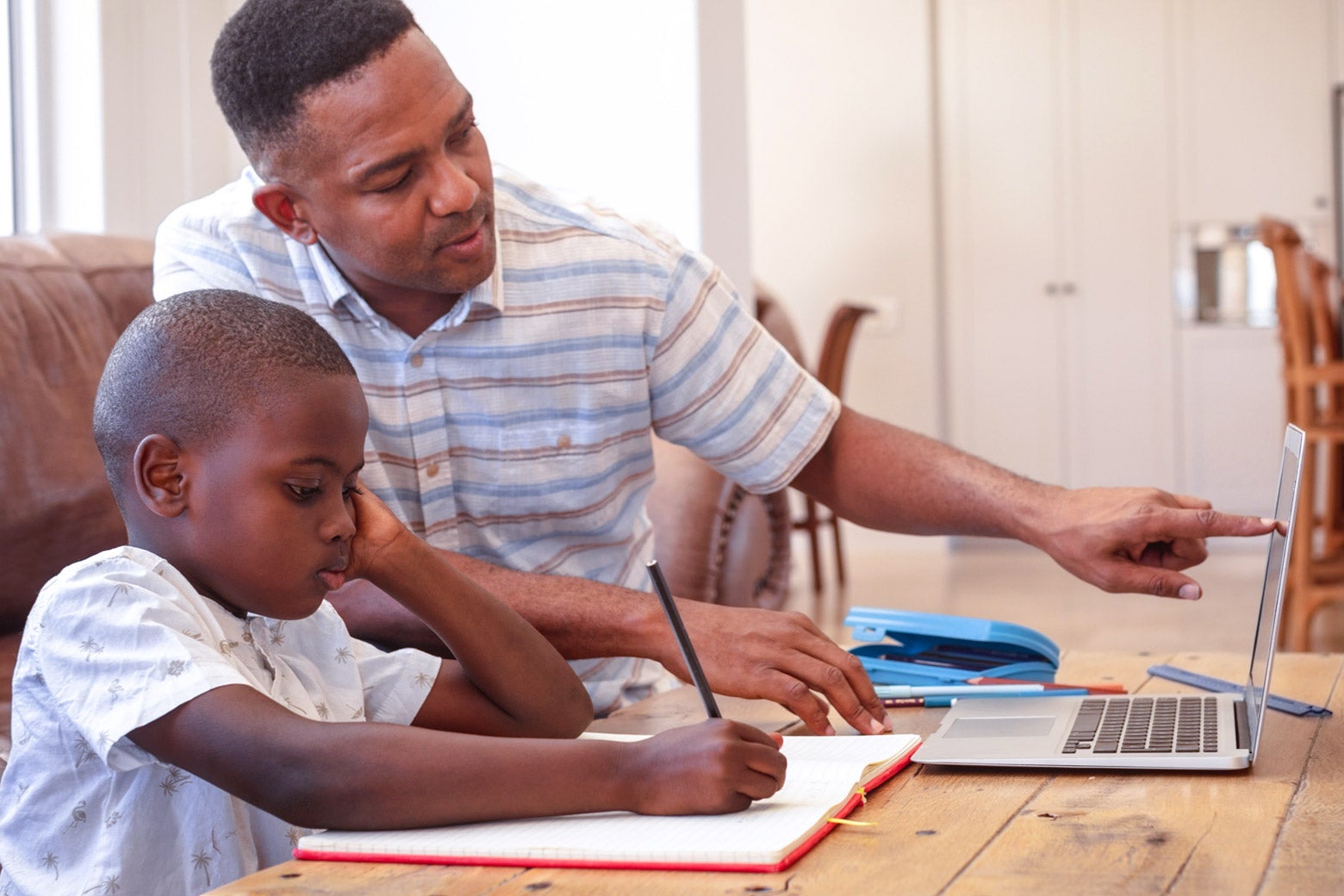
Parent What? Navigating the Complexities of Modern Parenting
The question, “Parent what?” echoes in the minds of many navigating the ever-evolving landscape of raising children today. It’s a question that encapsulates the anxieties, uncertainties, and sheer volume of information thrown at parents from every direction. From helicopter parenting to free-range parenting, from screen time debates to dietary dilemmas, the modern parent faces a barrage of choices and challenges. This article aims to explore the complexities of modern parenting, offering insights and perspectives to help navigate this often-turbulent journey. The core question, “Parent what?” highlights the uncertainty many feel.
The Shifting Sands of Parenting Styles
Parenting styles have evolved dramatically over the past few decades. The authoritarian approach, once considered the norm, has largely given way to more permissive and collaborative methods. However, this shift has also created confusion. Are we being too lenient? Are we adequately preparing our children for the real world? There’s no single right answer, and what works for one family may not work for another. Understanding the nuances of different parenting styles is crucial for making informed decisions.
- Authoritarian Parenting: High expectations, strict rules, and little room for negotiation.
- Authoritative Parenting: High expectations, but also warm and responsive. Encourages open communication and independence within reasonable boundaries.
- Permissive Parenting: Few rules, high levels of warmth and acceptance. Often avoids confrontation and allows children to make their own decisions, regardless of consequences.
- Uninvolved Parenting: Little involvement in their children’s lives. Provides basic needs but offers little guidance, support, or attention.
Choosing the right style, or perhaps a blend of styles, depends on various factors, including the child’s temperament, the family’s values, and the cultural context. It’s important to remember that parenting is not a one-size-fits-all endeavor. The question of “parent what” often stems from this uncertainty.
The Digital Age Dilemma
One of the most significant challenges facing modern parents is navigating the digital world. Screen time, social media, and online safety are constant concerns. While technology offers incredible opportunities for learning and connection, it also presents risks such as cyberbullying, addiction, and exposure to inappropriate content. Determining how to balance the benefits of technology with the need to protect children is a delicate balancing act. Many parents struggle with deciding *what* to parent what comes to screen time.
Strategies for managing screen time include setting clear boundaries, monitoring online activity, and encouraging alternative activities such as outdoor play, reading, and hobbies. Open communication is also essential. Talking to children about the potential dangers of the internet and teaching them how to navigate it safely can empower them to make responsible choices. This often involves answering the question of *what* to parent what comes to online interactions.
Mental Health Matters
The mental health of both parents and children is increasingly recognized as a critical aspect of well-being. Stress, anxiety, and depression can significantly impact family dynamics and a child’s development. Creating a supportive and nurturing environment is essential for fostering positive mental health. This includes prioritizing self-care for parents, encouraging open communication about feelings, and seeking professional help when needed.
Children often mirror their parents’ emotional states. When parents are stressed or overwhelmed, children can pick up on these cues and experience similar feelings. Taking steps to manage stress, such as practicing mindfulness, engaging in regular exercise, and seeking support from friends and family, can have a positive ripple effect throughout the entire family. Addressing “parent what” in the context of mental health is crucial for fostering a healthy family environment. [See also: The Importance of Self-Care for Parents]
The Pressure to Be Perfect
Social media has amplified the pressure to be a perfect parent. Images of idyllic family vacations, perfectly behaved children, and Pinterest-worthy birthday parties can create unrealistic expectations and fuel feelings of inadequacy. It’s important to remember that social media often presents a curated version of reality and that no family is perfect. Focusing on one’s own values and priorities, rather than comparing oneself to others, can help alleviate this pressure. Many parents ask “parent what” when faced with these unrealistic portrayals.
Embracing imperfections and celebrating small victories can also foster a more positive and realistic approach to parenting. Recognizing that mistakes are inevitable and learning from them can help build resilience and strengthen the parent-child relationship. The question, “Parent what?” should be rephrased as, “How can I be the best parent I can be, given my unique circumstances?”
The Importance of Communication
Effective communication is the cornerstone of any healthy relationship, and parenting is no exception. Creating an environment where children feel comfortable expressing their thoughts and feelings is crucial for building trust and fostering open communication. Active listening, empathy, and non-judgmental responses can encourage children to share their experiences and seek guidance when needed. This is key when considering “parent what” questions.
Communication is a two-way street. Parents also need to be open and honest with their children, sharing their own experiences and vulnerabilities in an age-appropriate manner. This can help children feel more connected and understood. It is important to parent what you teach to your children.
Building Resilience
Resilience is the ability to bounce back from adversity. It’s a crucial skill for children to develop, as they will inevitably face challenges and setbacks throughout their lives. Parents can foster resilience by encouraging problem-solving skills, promoting independence, and providing a supportive environment where children feel safe to take risks and learn from their mistakes. Teaching children how to cope with stress and manage their emotions can also contribute to their resilience. Addressing “parent what” often revolves around preparing children for future challenges. [See also: Raising Resilient Children]
It’s important to avoid shielding children from all challenges. Allowing them to experience age-appropriate difficulties and learn how to overcome them can build confidence and resilience. Providing support and guidance, without taking over completely, can help children develop the skills they need to navigate life’s inevitable ups and downs. Parents need to decide *what* to parent what comes to challenges.
The Role of Co-Parenting
For parents who are separated or divorced, co-parenting can present unique challenges. However, maintaining a collaborative and respectful relationship is crucial for the well-being of the children. Prioritizing the children’s needs, communicating effectively, and avoiding conflict in front of them can help create a stable and supportive environment. Seeking professional mediation or counseling can also be beneficial. Many co-parents struggle with the question of “parent what” when differing opinions arise.
Even in intact families, co-parenting is essential. Parents need to be on the same page regarding discipline, values, and expectations. Open communication and mutual support can create a united front and provide children with a consistent and predictable environment. This consistent approach is key when considering *what* to parent what is important.
The Financial Realities of Parenting
Raising children is expensive. From diapers and formula to education and extracurricular activities, the costs can quickly add up. Financial stress can significantly impact family dynamics and create anxiety for parents. Planning ahead, creating a budget, and exploring resources such as childcare subsidies and financial aid can help alleviate some of the financial burden. This planning is vital when parents consider *what* to parent what they can realistically afford.
Teaching children about money management from a young age can also be beneficial. Involving them in age-appropriate financial decisions, such as saving for a desired item or contributing to household chores, can help them develop financial literacy and responsibility. This is an important aspect of answering “parent what” questions.
Finding Joy in the Journey
Despite the challenges, parenting can also be incredibly rewarding. Witnessing a child’s growth and development, sharing in their joys and triumphs, and building a loving and supportive relationship can bring immense fulfillment. It’s important to remember to savor these moments and appreciate the unique bond between parent and child. The question, “Parent what?” is not about perfection, but about embracing the journey and finding joy in the everyday moments.
Ultimately, the answer to “parent what” is a personal one. It’s about defining your values, setting your priorities, and creating a family environment that reflects your unique beliefs and aspirations. There is no right or wrong way to parent what is important to you; it’s about finding what works best for your family and embracing the journey with love, compassion, and a healthy dose of humor. So, as you navigate the complexities of modern parenting, remember to ask yourself, “Parent what?” and let your answer guide you towards creating a fulfilling and meaningful family life. Always consider *what* to parent what will benefit your child the most.
Navigating the question of “Parent what?” requires adaptability, self-reflection, and a willingness to learn and grow alongside your children. It’s a journey filled with challenges and rewards, and one that ultimately shapes both the parent and the child.

